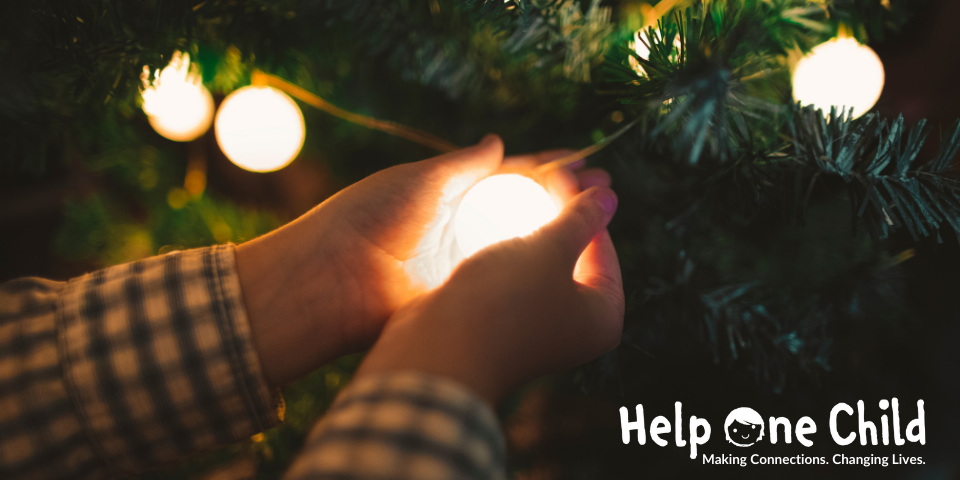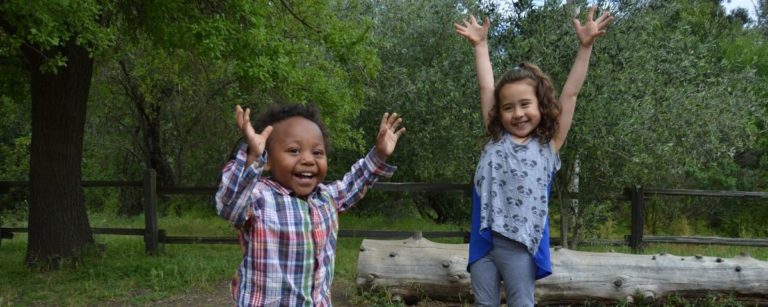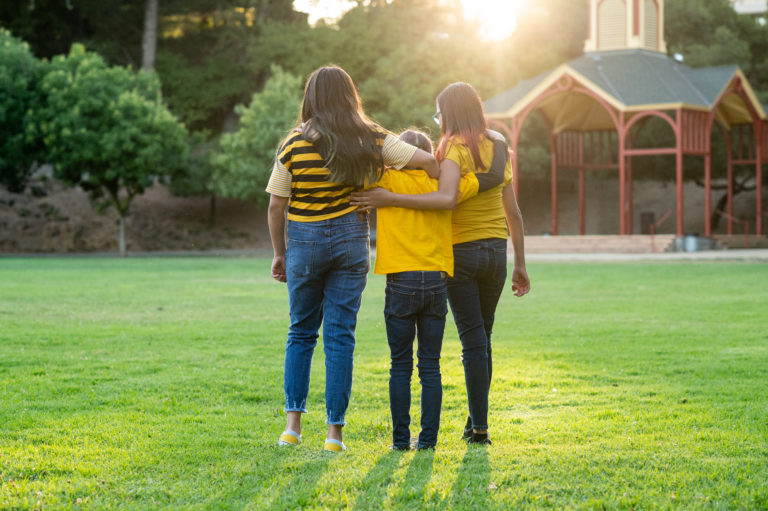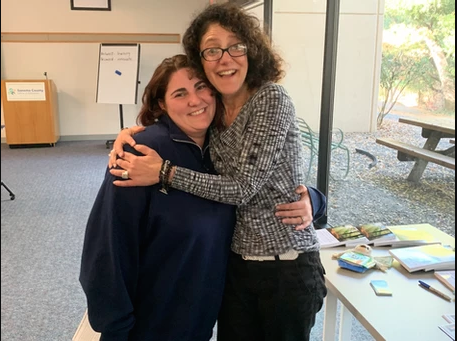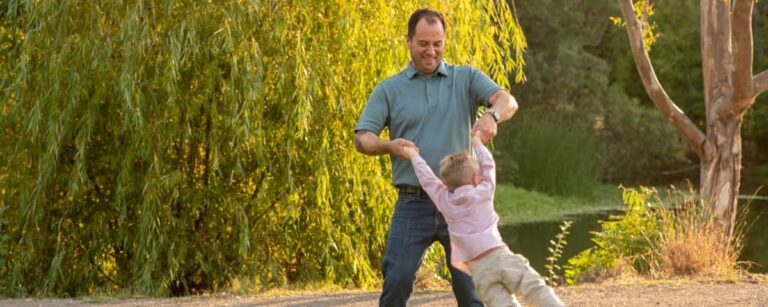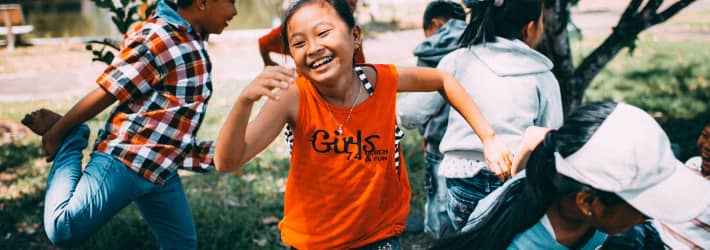Surviving the Holidays
The holidays are a special time of year. They have an expectation of joy, warmth, family, celebrations and traditions.
They also come with memories of past holidays and present holiday wishes. When caring for children who may not have the joy, connections with family, remembered traditions or familiar celebrations, it can be uniquely challenging.
If this is the first holiday you are celebrating with your child, you may want to spend a few moments reflecting on the holiday’s missing pieces, namely their family. Not having had previous holiday experiences leaves you in unchartered waters. Ambiguous loss is especially noticeable during holidays, birthdays and other important remembrances. Depending on the age of the child, you may want to ask what they like about specific holidays. Then you might share what it is that you like and see how they react. Your expectations may be that children appreciate your enthusiasm and efforts in preparing a holiday celebration.
And, it may be that they are missing that ‘family’ piece and don’t seem to care. It is possible the child may appear as ungrateful or selfish. It’s often the case where children sabotage an event not out of thanklessness but rather from their own grief and loss. Appearing uncaring or inconsiderate may be an unconscious self-defense strategy.
In your approach to seek a child’s feelings or desires about a specific holiday celebration, take care not to increase their anxiety by asking too much or requesting the child share their previous experiences.
Acting out behavior may increase due to the increased holiday stress and stimuli. Don’t overreact.
The holidays may be an opportunity to increase the bonding/attachment experience with your child. Creating new experiences and keeping your child included in the celebration can be strengthening both physically and emotionally. Helping with cooking or making holiday decorations or cards can help the child feel connected and also build new holiday memories.
Simplicity rather than over-exaggerating the holidays may also be a great way to share the holidays with your child.
Giving too much and doing too much may also increase anxiety for a child who notices that it is not coming from their family of origin and may show ungratefulness at your extravagance. I recall a family that gave very extravagant gifts to their foster child feeling that he never had all the special gifts that they purchased. He threw them on the floor and ran out crying. His foster parents were hurt and angered at his behavior, not realizing that it was overwhelming to him and possibly saddening that his own parents couldn’t provide all of those things.
Siblings and multiple children in the home may also react differently to holidays and celebrations.
One child may be enthusiastic and quickly jump into activities while the other(s) may choose to be cool or appear completely disengaged. A foster family in our county was caring for four unrelated 12 and 14 year olds during the holiday season. One child was from a strong Christian family/background, one child was from a family that did not celebrate religious Christmas, birthdays or other traditional holidays, one child was from a Jewish family/background and the fourth child came from a strongly verbal, agnostic family. The caregivers were extremely thoughtful in respecting the family backgrounds and the children’s beliefs while keeping them all included.
Here are some of the things they did that year:
-
They explained that each child has his/her personal beliefs and that they would respect them and asked that the children do the same without criticism or unkindness. They did not ask the children to share their beliefs although two of them did and they kept to being respectful because that was the first statement.
-
The family explained that what they would do this year would be a little different.
-
They told the kids they were going to a nursery to buy a tree and asked if they would like to come….they all went. They planted the tree in their yard and named it after all of the kids, to have something living to remember them. They loved that.
-
All four children made notes (to each other and to the foster parents) and some simple decorations and two of the children decorated the tree in the back yard.
-
The caregivers helped two of the children make gifts for their birth families, which were delivered.
-
My favorite of all ideas was that two days before Christmas, they gave each of the children a gift….just because they were special to them.
I have no doubt that this holiday will remain in the memories of these four children with appreciation of the thoughtfulness of their caregivers.
If the families of origin are involved in your child’s life, consider what you might do to have the child feel a connection to them during the holidays. Even in families with multiple relatives, celebrations may not be on the exact dates. My husband and I celebrated several holidays with both of our families and the children never seemed to mind that we had two Thanksgivings or two Christmas’s. Younger children may not even be aware of the specific dates. They remembered having hot chocolate on a wagon!
Finally, consider doing something for someone less fortunate during the holiday season. It is one of the most fulfilling you can do for yourself and for your children to observe.
Simple ideas to surviving the holidays:
-
Reflect on your own memories and experiences during the holidays as a child.
-
Don’t expect your children to have the same enthusiasm and expectations.
-
Try to simplify your holiday celebration(s) to accommodate everyone.
-
Ask what your child might like about a specific holiday.
-
Try to avoid anxiety.
-
Be aware of schedules, diet (sugar intake may be increased), and routines around bedtime.
-
Include families of origin, when possible.
-
Do something for someone less fortunate through kind acts, donations, etc. (This is something children will truly remember.)
-
Don’t feel too much pressure to make it perfect.
-
Expect it might be a bit different from past holidays.
-
Focus on creating new memories and traditions, even simple silly ones.
Donna Erickson, M.A. is a valued Help One Child Trainer and Podcasts and Blog contributor. Donna has trained Foster Parents for 30+ years through The Santa Clara County Department of Family and Children Services and served as the Foster and Kinship Care Education Program Director for 16 of those years. Donna stays current on her continuing education in her three fields of expertise: nursing, counseling, and educating. She brings experience and wisdom from her years as a foster youth, parent and grandparent!
